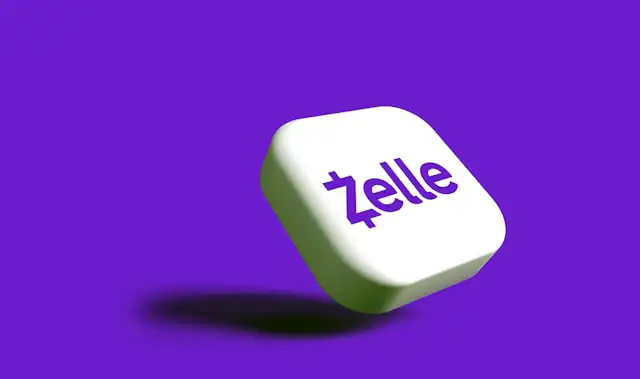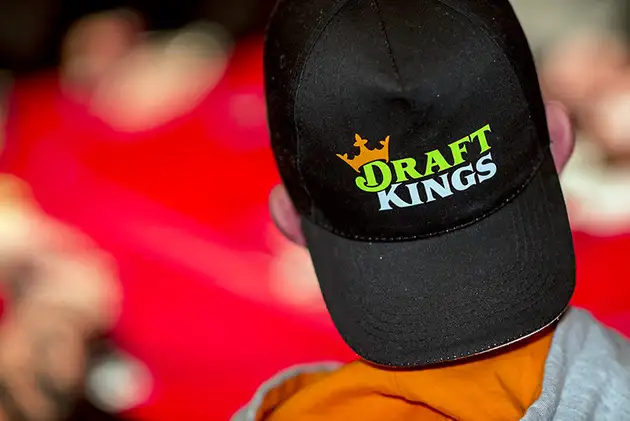CFPB Drops Zelle Fraud Lawsuit Against Major Banks

Unsplash | Published: March 4, 2025
Claim Form Deadline: Pending
Payout: Pending
Proof required: N/A
CFPB Drops Zelle Class Action Lawsuit that Protected Consumers
As of March 4, 2025, the Consumer Financial Protection Bureau (CFPB) has dismissed its lawsuit against Early Warning Services, the operator of the Zelle payment platform, along with major banks including Bank of America, JPMorgan Chase, and Wells Fargo. This lawsuit, filed in December 2024, alleged that these entities failed to protect consumers from widespread fraud on the Zelle network, resulting in losses exceeding $870 million since Zelle's launch in 2017What's the Zelle Fraud Class Action?
The lawsuit seeks various forms of relief, including monetary relief, restitution, disgorgement, and civil money penalties. The CFPB is seeking various forms of relief, including monetary relief, restitution, disgorgement, and civil money penalties. The lawsuit is currently pending in the United States District Court for the Central District of California. The case is entitled Consumer Financial Protection Bureau v. Early Warning Services, LLC, et al., Case No. 2:22-cv-02222. The CFPB is represented by the United States Department of Justice, the top law enforcement department in the United States.This class action lawsuit is brought by the Consumer Financial Protection Bureau (CFPB) against Early Warning Services, LLC (EWS), Bank of America, JPMorgan Chase, and Wells Fargo. The lawsuit alleges that these entities failed to implement adequate fraud prevention measures for the Zelle peer-to-peer payment network, resulting in significant consumer fraud. The CFPB claims that these failures violated the Consumer Financial Protection Act (CFPA) and the Electronic Fund Transfer Act (EFTA).
What is the Zelle Class Action Settlement Amount?
The CFPB is seeking various forms of relief, including monetary relief, restitution, disgorgement, and civil money penalties. The total settlement amount is not clear yet.Is DOGE and Trump Getting Rid of the CFPB
The Consumer Financial Protection Bureau (CFPB) is currently facing significant challenges under the Department of Government Efficiency (DOGE), led by Elon Musk. While DOGE has initiated substantial reductions in CFPB operations, including widespread layoffs and contract cancellations, the complete disbandment of the agency has not been legally finalized. Notably, a federal judge issued an order preventing mass terminations and the destruction of CFPB data, underscoring that only Congress has the authority to dissolve the agency. Despite aggressive measures by DOGE, the CFPB remains operational, albeit in a diminished capacity.What Are the Allegations in the Zelle Class Action?
According to the class action lawsuit, Zelle's design allegedly contributes to fraud in several ways:• Easy Signup: Zelle's signup process is designed to be fast and frictionless, allowing users to register with just a deposit account and a U.S.-based mobile phone number or email address. This minimal authentication makes it easier for fraudsters to gain access.
• Limited Identity Confirmation: Zelle uses email addresses and phone numbers as tokens for transactions. This system makes it difficult for senders to verify the true identity of recipients, allowing fraudsters to use misleading tokens.
• Limited Recipient Information: At the point of transfer, Zelle only requires participating financial institutions to display the recipient's first name, providing insufficient information for senders to verify the recipient's identity.
• Flipping: Zelle allows users to switch tokens between different banks and register several tokens within a short period. This "flipping" of tokens helps fraudsters avoid detection and continue defrauding consumers.
• Irrevocable Transfers: are treated as irrevocable once sent, making it difficult for consumers to recover funds after a fraudulent transaction.
These design features collectively make Zelle an attractive vehicle for fraud, as they provide easy access for bad actors and make it challenging for consumers to verify recipient identities and recover lost funds.
How Do I Qualify For a Payout?
Potentially, consumers who used Zelle and experienced fraud or unauthorized transfers during the class period may qualify. To qualify for a payout, you would need to be a consumer who has been affected by fraud on the Zelle network and has submitted a complaint to one of the defendant banks (Bank of America, Chase, or Wells Fargo) regarding unauthorized or fraudulent transactionsHow Much Can I Get Paid?
The payout amount is not specified and would likely depend on individual circumstances and losses. The CFPB is seeking monetary relief, including refunds, restitution, and compensation for unjust enrichment, but the specific amounts will depend on the court's judgment and the details of each individual case.How Do I File a Claim?
The claim filing process is not detailed but would typically involve submitting a claim form by a specified deadline.What is Next for the Zelle Lawsuit?
The next steps in this legal process would typically include:• Service of Complaint: The defendants will be formally served with the complaint.
• Response: The defendants will have an opportunity to respond to the complaint, either by filing an answer or a motion to dismiss.
• Motions: Either party may file pre-trial motions, such as motions for summary judgment.
• Settlement Discussions: There may be attempts to settle the case out of court.
• Trial: If the case does not settle, it will proceed to trial where both sides will present their evidence and arguments.
• Judgment: The court will issue a judgment based on the trial's outcome.
• Appeals: Either party may appeal the court's decision if they are dissatisfied with the outcome.
The specific timeline and sequence of these steps can vary based on the court's schedule and how banks and Zelle work out the details.
How Do I Find Class Action Settlements?
Find all the latest class actions you can qualify for by getting notified of new lawsuits as soon as they are open to claims:Claim Form Website: Pending
Filing Class Action Settlement Claims
Please note that your claim form will be rejected if you submit a settlement claim for payout with any fraudulent information. By providing this information and your sworn statement of its veracity, you agree to do so under the penalty of perjury. You would also be harming others that actually qualify for the class action settlement. If you are not sure whether or not you qualify for this class action settlement, visit the class action administrator's website below. OpenClassActions.com is only providing information and is not a class action administrator or a law firm. OpenClassActions is a participant in the Amazon affiliate advertising program and this post may contain affiliate links, which means we may earn a commission or fees if you make a purchase via those links.
For more class actions keep scrolling below.

Bayer RoundUp Bug Spray Lawsuits
Status: Open to Claims
Submit Claim
Video Game Addiction Lawsuit
Deadline: Pending
Submit Claim
DraftKings & FanDuel Addiction Lawsuits
Status: Open
Submit Claim
Children playing Roblox and using Discord?
Pre-Qualify Here
Submit Claim
$4.17M RevitaLash Conditioner Settlement
Deadline: April 20, 2026
Submit Claim
$87.5M Beef Prices Settlement
Deadline: June 30, 2026
Submit Claim
Dollar General Bait & Switch Settlement
Deadline: April 13, 2026
Submit Claim